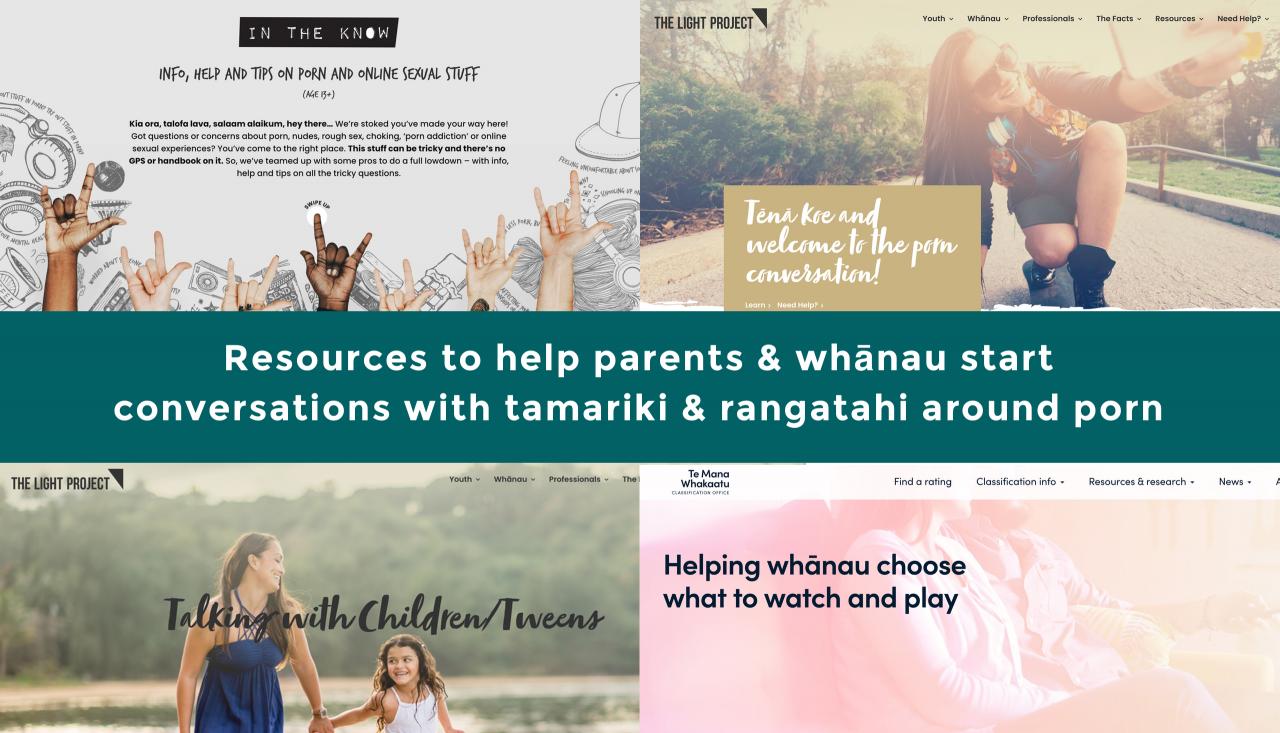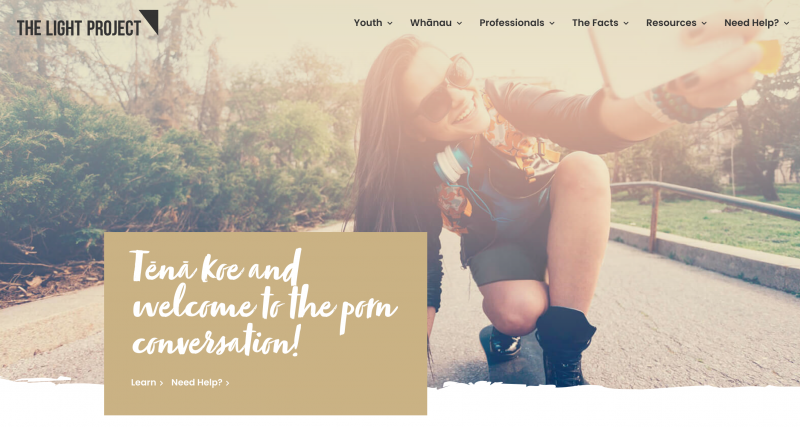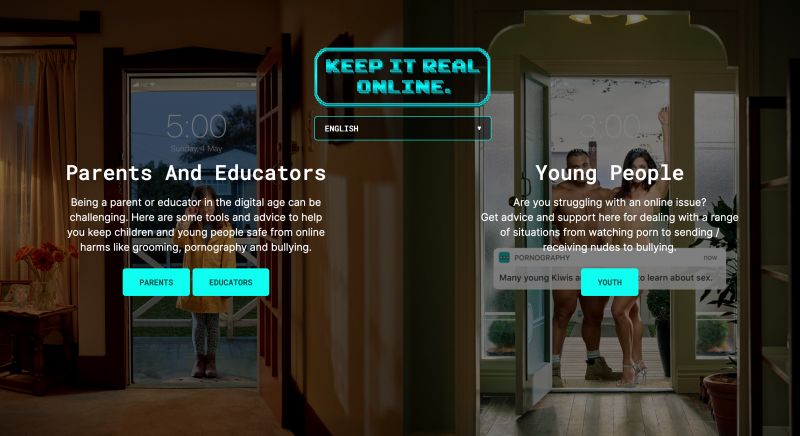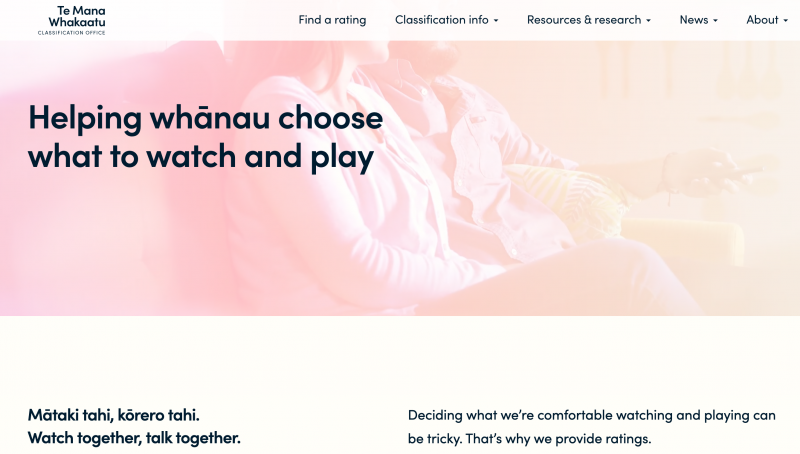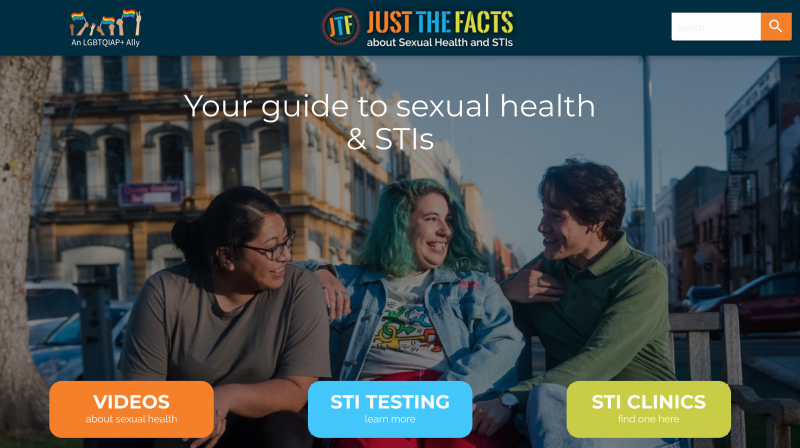How To Talk To & Support Your Teenager Around Pornography
How To Talk To & Support Your Teenager Around Pornography
The online world is changing rapidly, and chances are most teenagers will see, or have seen, pornography (porn) either on porn sites or across mainstream social media platforms. Talking about porn can feel awkward at first, but young people tell us that they want, and need, better porn conversations and support from adults.
Tips for talking with your teenager around porn
Be prepared
Preparing for the conversation will help you stay relevant, calm, and unshockable.
Tailor the talk
Be guided by your teenager’s age, knowledge and experience.
Team up
Talk to other whānau members about who’s best to start the conversation.
Be curious and open
Take a curious, kind and non-judgmental approach, listen with empathy, and avoid words like ‘bad’ or ‘wrong’ that can create shame and shut down conversations.
Choose a good time and place
Try somewhere your teen is comfortable with, like driving or walking the dog.
Help build porn resiliency
Discuss the messages in porn and online sexual content around things like gender, violence and sexism. Reflect on how these align with your teenager's own personal, cultural or faith views to help build critical thinking.
Offer support
Some teenagers struggle with porn and online-related issues, so let your teen know you’re here to help if they, or any of their friends, are struggling.
See the KidsHealth page on talking to and supporting your child or pre-teen around porn
See the KidsHealth page with advice on how to talk to your child about sex
Resources to support your teenager around porn
Here are some resources to help parents and whānau with starting conversations, building critical thinking and supporting teenagers around porn and their online sexual world.
The Light Project
The Light Project aims to help youth, their whānau, schools and wider communities to positively navigate porn and online sexual content and has a range of information, resources, tools and support pathways for parents.
- information for whānau
- tips for talking with children or tweens
- tips for talking with teens
- general parent resources such as filters and books
- resources for supporting young people struggling with porn
Keep It Real Online
Keep It Real Online is a New Zealand Government campaign to support parents and caregivers to keep their children safe online.
- how to talk to your child about pornography
- tools and tips to keep your family safe online
- how to use parental controls and settings
Te Mana Whakaatu | Classification Office
The Classification Office Te Mana Whakaatu is responsible for the classification of all films, videos, publications, and some video games in New Zealand. Their site has some useful research and information for parents about controlling content and pornography.
- how to talk with young people about pornography
- breaking down porn - an analysis of commonly viewed porn in NZ
- growing up with porn - insights from young New Zealanders
- taking control - how to make the most of parental controls
In the Know
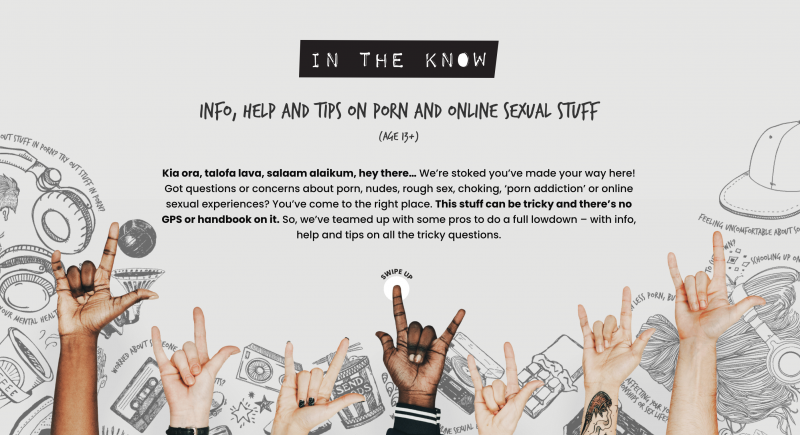
In the Know is a NZ site for young people wanting information or help with porn related concerns. It includes tools, tips, videos, information and referral services offering support with key porn-related issues. It covers a range of issues, including nudes, feeling uncomfortable with porn, pressure to watch porn, wanting to cut down on porn and creating online sexual content.
- information for young people who want to talk with whānau about porn
- information for those worried about someone else's porn habits
Netsafe
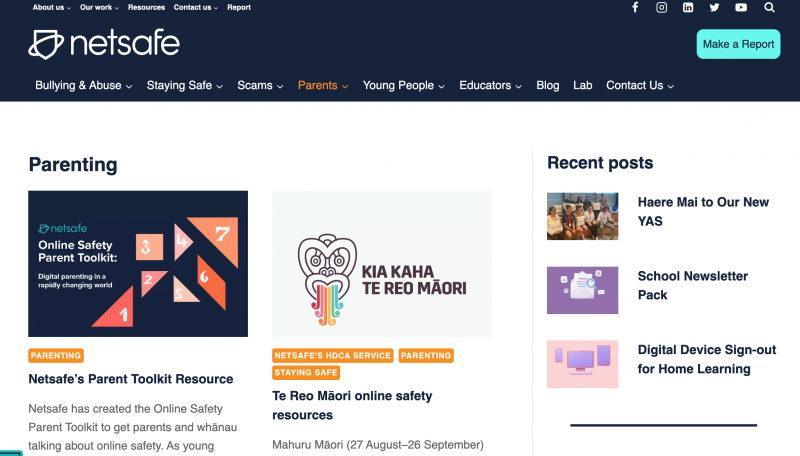
NetSafe is an independent non-profit organisation that provides cybersafety and online security education for all New Zealanders. NetSafe's website has a variety of information on online safety and security issues. The website has information for children, parents, community groups, schools and counsellors.
Just the Facts
JUST THE FACTS is a website run by the Sexually Transmitted Infections Education Foundation (STIEF). It is a project funded by the Ministry of Health through district health boards to educate New Zealanders about sexually transmitted infections (STIs).
This page last reviewed 25 August 2024.
Do you have any feedback for KidsHealth?
If you have any feedback about the KidsHealth website, or have a suggestion for new content, please get in touch with us.
Email us now